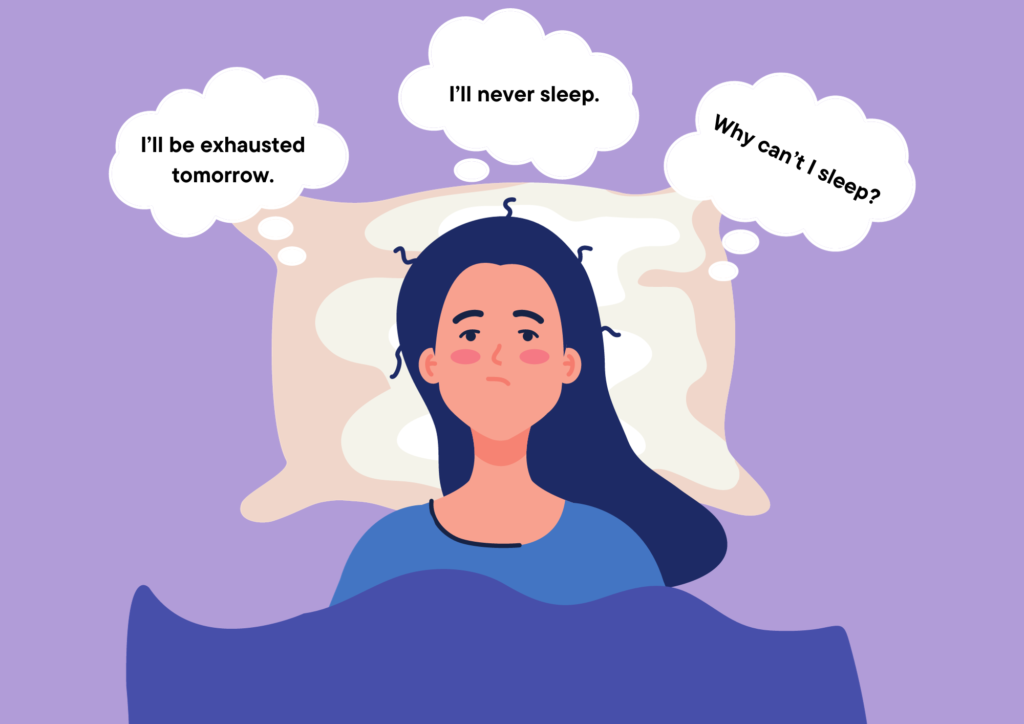Insomnia affects millions of people worldwide, significantly impacting quality of life, work performance, and overall health. Understanding evidence-based treatment approaches can help individuals make informed decisions about managing sleep difficulties. This comprehensive guide explores professional treatment options and practical strategies for improving sleep quality.

Understanding Insomnia
Insomnia is characterized by difficulty falling asleep, staying asleep, or experiencing non-restorative sleep despite adequate opportunity for rest. The condition can be acute (short-term) or chronic (lasting three months or longer), with various underlying causes ranging from stress and lifestyle factors to medical conditions.
Chronic insomnia affects approximately 10-15% of adults and often requires professional evaluation and treatment. Left untreated, persistent sleep problems can contribute to daytime fatigue, concentration difficulties, mood changes, and increased risk of accidents.
Primary Treatment Approaches
Cognitive Behavioral Therapy for Insomnia (CBT-I)
Cognitive Behavioral Therapy for Insomnia represents the gold standard for treating chronic insomnia. This evidence-based approach addresses the thoughts, behaviors, and habits that contribute to sleep difficulties.
Cognitive Components:
- Identifying and challenging unhelpful thoughts about sleep
- Addressing worry and anxiety related to bedtime
- Developing realistic expectations about sleep needs
- Managing racing thoughts that interfere with rest
Behavioral Components:
- Sleep restriction therapy to improve sleep efficiency
- Stimulus control techniques to strengthen the association between bed and sleep
- Relaxation training to reduce physical and mental tension
- Sleep schedule optimization
Research consistently shows CBT-I effectiveness, with many people experiencing lasting improvements in sleep quality. The treatment typically involves 4-8 sessions with a qualified sleep specialist or therapist trained in sleep medicine.
Sleep Hygiene and Lifestyle Modifications
Good sleep hygiene forms the foundation of effective insomnia treatment:
Sleep Environment:
- Maintain a cool, dark, and quiet bedroom
- Use comfortable bedding and pillows
- Remove electronic devices that emit blue light
- Consider blackout curtains or white noise machines
Daily Habits:
- Maintain consistent bedtime and wake times
- Limit caffeine intake, especially after 2 PM
- Avoid large meals, alcohol, and nicotine before bedtime
- Create a relaxing pre-sleep routine
Physical Activity:
- Engage in regular exercise, but not within 3-4 hours of bedtime
- Consider gentle activities like yoga or stretching in the evening
- Spend time outdoors during daylight hours to support natural circadian rhythms
Specific Treatment Techniques
Stimulus Control Therapy
This approach helps re-establish the bedroom as a place associated with sleep rather than wakefulness:
- Use the bed only for sleep and intimacy
- Leave the bedroom if unable to fall asleep within 15-20 minutes
- Return to bed only when feeling sleepy
- Avoid napping during the day
- Wake up at the same time every day, regardless of sleep duration
Progressive Muscle Relaxation
This technique involves systematically tensing and releasing muscle groups to promote physical and mental relaxation:
- Start with toes and work progressively upward
- Tense each muscle group for 5-7 seconds
- Release tension and notice the contrast
- Focus on the sensation of relaxation
- Practice regularly to develop the skill
Sleep Restriction Therapy
Under professional guidance, this technique temporarily limits time in bed to match actual sleep time, gradually increasing as sleep efficiency improves. This approach should only be implemented with healthcare provider supervision.
When to Seek Professional Help
Consider consulting a healthcare provider or sleep specialist if:
- Sleep difficulties persist for more than a few weeks
- Insomnia significantly impacts daily functioning
- Over-the-counter remedies haven’t provided relief
- You experience symptoms of other sleep disorders
- Mental health concerns accompany sleep problems
Healthcare providers can conduct comprehensive evaluations to identify underlying causes and develop personalized treatment plans.
Medical Evaluation Process
Professional insomnia treatment often begins with:
Sleep Assessment:
- Detailed sleep history and patterns
- Sleep diary analysis
- Evaluation of daytime functioning
- Assessment of contributing factors
Medical Screening:
- Physical examination to rule out medical conditions
- Review of medications that might affect sleep
- Screening for sleep disorders like sleep apnea
- Mental health evaluation when appropriate
Sleep Studies: In some cases, overnight sleep studies may be recommended to rule out other sleep disorders or assess sleep architecture.
Treatment Considerations
Individual Factors
Effective insomnia treatment considers:
- Age and life stage
- Work schedules and lifestyle demands
- Coexisting medical or mental health conditions
- Previous treatment experiences
- Personal preferences and motivation
Long-term Management
Successful insomnia treatment often involves:
- Learning skills for managing occasional sleep difficulties
- Maintaining healthy sleep habits long-term
- Regular follow-up with healthcare providers
- Addressing new stressors or life changes that might affect sleep
Complementary Approaches
Some individuals find benefit from complementary approaches alongside primary treatments:
Mindfulness and Meditation:
- Mindfulness-based stress reduction
- Body scan meditation
- Breathing exercises
- Progressive relaxation techniques
Environmental Modifications:
- Temperature regulation (keeping rooms cool)
- Light therapy for circadian rhythm support
- Aromatherapy with calming scents
- Sound masking or white noise
Effective insomnia treatment requires a comprehensive approach that addresses both the immediate sleep difficulties and underlying contributing factors. While the journey to better sleep may take time, evidence-based treatments offer hope for lasting improvement. Working with qualified healthcare providers ensures access to the most appropriate and effective treatment options for individual circumstances.